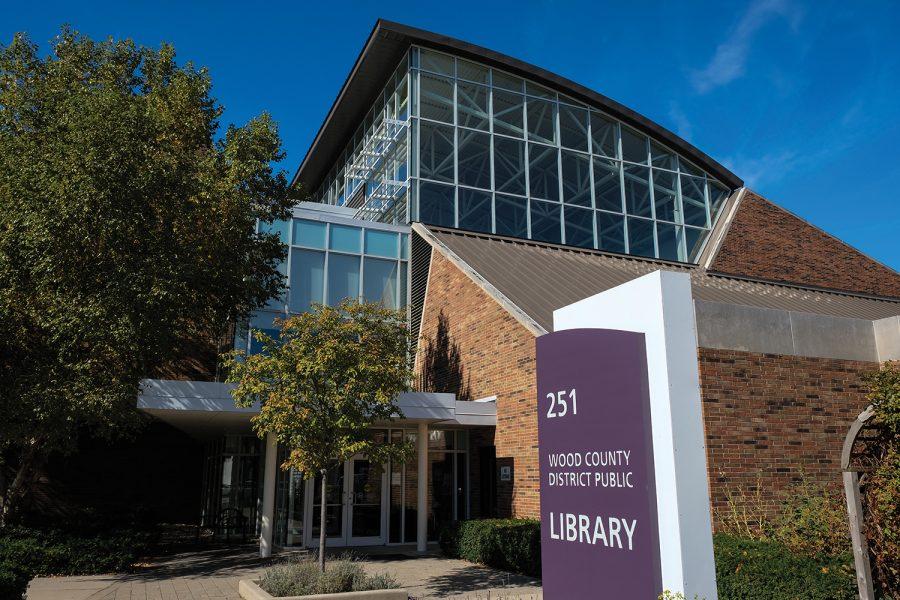“I can talk about many things, except about myself,” said Imam Talal Eid, director of religious affairs of the Islamic Center of Greater Toledo.
He sat, laughing, in one of the several leather chairs reserved for visitors in his office, wearing a blue checkered shirt and glasses.
Eid has been director of the center since June 2015, but his journey to America was set in motion in Tripoli — Lebanon’s second largest city. Eid explained how at the young age of 12, he was working up to 12 hours a day making baklava, a traditional pastry in the Middle East.
“I wanted to do something in life,” Eid said about his work in his younger years. After graduating from high school in the capital of Beirut, Eid went to college abroad in Egypt, studying theology at Al-Azhar University to become an imam.
Eid said he felt the urge to study English to better himself and went to England for five months; only after this trip did he return to Lebanon to pursue a career as an imam. It took two years after returning to get assigned to a mosque where he would preach Friday sermons and lead people in prayer.
During this time, Lebanon was going through a civil war.
“I managed how to get along with the different militia by not interfering in their politics,” Eid said about the dangers of living in a land of active conflict and sectarian divides.
In 1980, Eid received a call from the Grand Mufti, the highest-ranking cleric in the country. He wanted to nominate Eid to be among a group of imams to travel beyond Lebanon. Chosen for his English language skills, he was among 10 people from the country to go abroad.
The 10 imams were chosen from each region and city in Lebanon. Eid’s mother was happy for him, telling him to go and take his wife and two children with him.
After the nomination, two years passed before hearing from the Grand Mufti again. Eid said he even forgot about the nomination as he continued with his daily duties. But one day, he received the call to go.
“I was told to get ready to leave immediately,” he said with an amused look on his face.
He locked the door of his apartment and told his mother to not let anyone live there. He breathed heavily when asked why he did not want anyone to live there, including his brother, who he mentioned by name to his mother.
“It was not safe there,” Eid said. His home was in an area between two warring militias, and when fighting broke out, people could not leave their homes, sometimes for days at a time.
Staring ahead, Eid said after he left, there was a relative peace; a ceasefire was brokered in the area where his home was, with the cease fire lasting two months. His brother convinced his mother it was safe to move into Eid’s house.
Two weeks later, the cease fire broke down during one of the pauses in the fighting. After three days of being trapped in the house, Eid’s brother left the house to get food and on his way back was killed by militias.
“In civil war, people die every day,” he said, his facial expression somber for a moment.
He said he owes his successes to the harsh life he led: living through the war, always working and never being idle.
“Young people today, somehow, are spoiled with the luxury of life,” Eid said.
Life was hard, Eid said, working 13 hours a day, six days a week to survive and driving an hour and a half for a one-way trip to get water with the scarcity of supplies and food.
Manar Alamoudi, a visitor to the Islamic Center described Eid as a man who “often speaks on and about the community; he highlights the importance of being connected to one another.”
Khadiga Algabir, an administrator in the center, described Eid as being “on point,” adding that when he sets his sights on a task, he works on it until completion. These are some of his defining traits, Algabir said.













